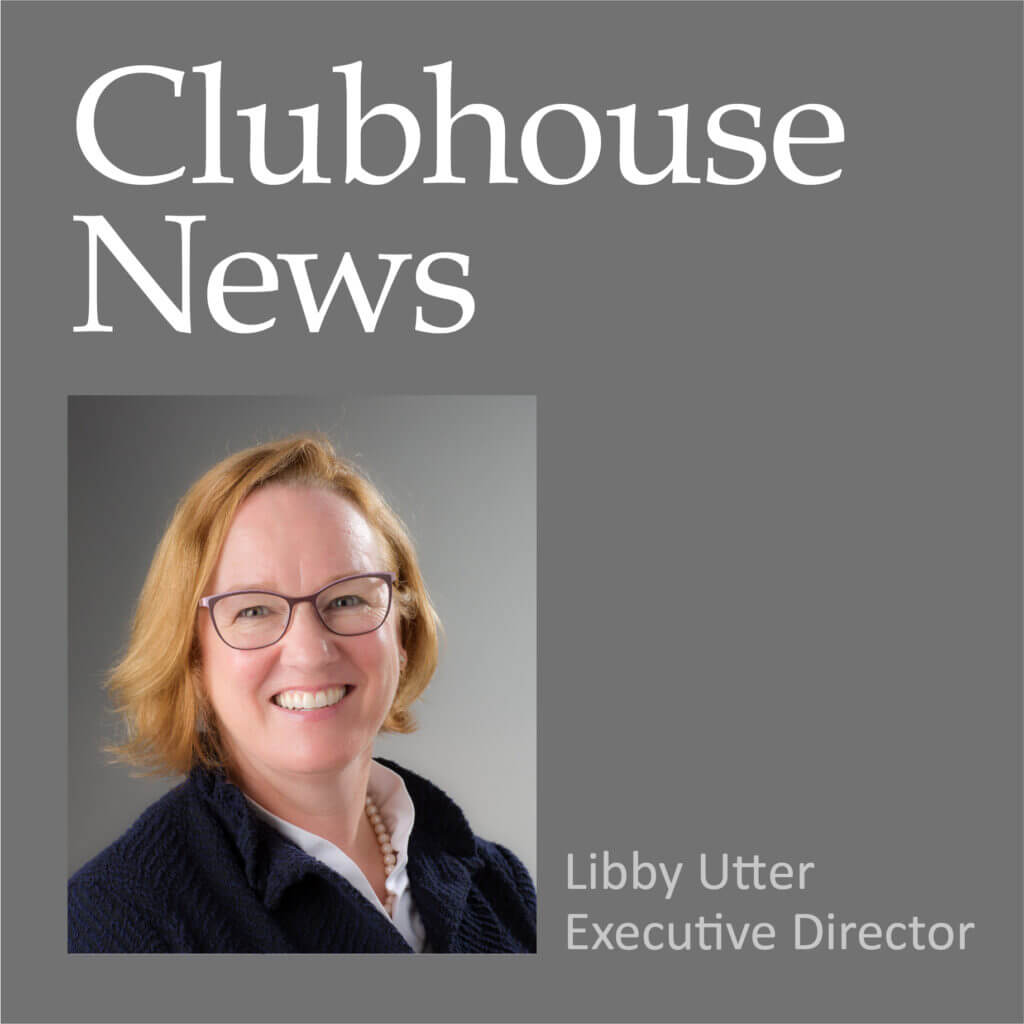
The Gift of Difficult Conversations
It’s hard. It’s hard to have “that” difficult conversation…you know the one that happens when you finally say out loud “those” things that are weighing heaviest on your heart and mind. And the truth is, if you are having “these” thoughts, someone close to you is likely having them, too. To be clear, what I’m talking about is end of life. And here’s the thing, when a cancer diagnosis comes into your or a loved one’s life, regardless of prognosis, statistics or stage, even if it is “caught” early, it’s hard not to think about the “what if’s.” What if this is the beginning of the end? What if my loved one doesn’t respond to treatment? What if I get a second cancer or have a recurrence? What if my loved one doesn’t want to continue treatment at some point? And the list could go on.
As a therapist and group facilitator, two of my main responsibilities are to be a listener and a keeper of space so difficult conversations can unfold. I’ve heard many stories over the years of individuals who have guilt and regret over not having had “the” conversation with their loved one and then wonder if they made the right decisions at end of life. I’ve heard more times than I can count, individuals who feared initiating a conversation even after the healthcare team said there were no more treatment options because they didn’t want to be the one to “give up” or diminish their loved one’s hope. Because we love, we try to protect. We hope to shield those closest to us from our fears, so we say nothing at all. But unfortunately, that approach often results in more ambiguity, disconnection and hurt than good.
But I can tell you that there are gifts in making space to have these difficult conversations and creating a plan for end of life, often this process is referred to as Advance Care Planning. The gift is, those closest to you know your wishes. They can honor your choices. They won’t have to guess about what you want.
Here are a few things that I have learned over the years:
- Regardless of age, health or circumstance, we should all have an advance care plan. And yes…I have one.
- Plans can change. As health, circumstances or values change, so can your choices.
- Talking about the “what if’s” doesn’t mean that hope is out the door, it just means you opened the door to increased connection and conversation.
- Having a plan, having it documented and sharing it with your healthcare team and those closest to you is key to ensuring your wishes are respected.
- Having the courage to initiate difficult conversations now may be hard, but it could be the antidote to easing guilt and regret during times of grief. It may be the unexpected gift that allows your loved ones to know in their heart they made the best decisions with the information they had at that time and that you supported them in doing so.
As part of National Healthcare Decisions Day in April, Gilda’s Club is partnering with Honoring Choices and Cancer Legal Care for a workshop on Advance Care Planning on Wednesday, April 15. If you want to learn more and take part in the conversation and process, join us. Come by yourself, bring family members, or a friend. Anyone from the community is welcome. It will be a gift to have you take part.
Some additional resources to support important conversations:
End in Mind – https://www.endinmindproject.org/
Conversations with Kelly – https://kellygrosklags.com/
The Conversation Project – https://theconversationproject.org/
Five Wishes – https://fivewishes.org/nhdd

P.S. – Did you see that we now have our virtual program calendar published for April 2020? Check it out to see the new and exciting changes!

